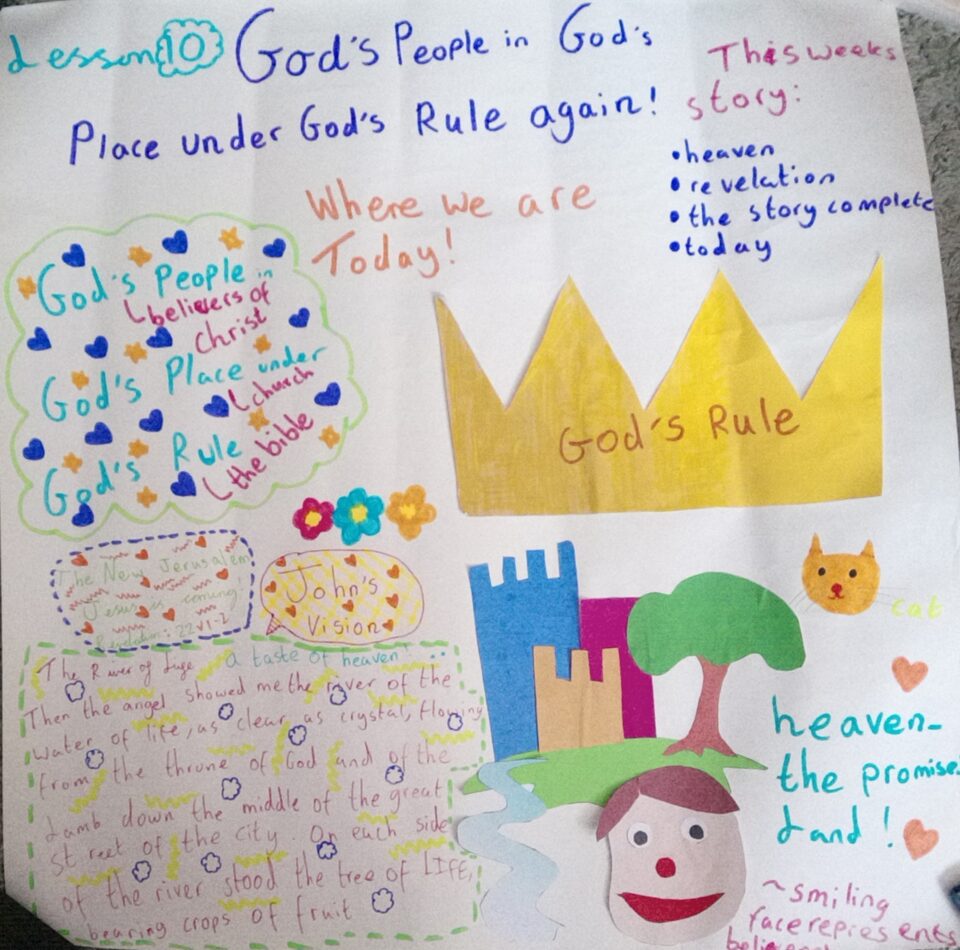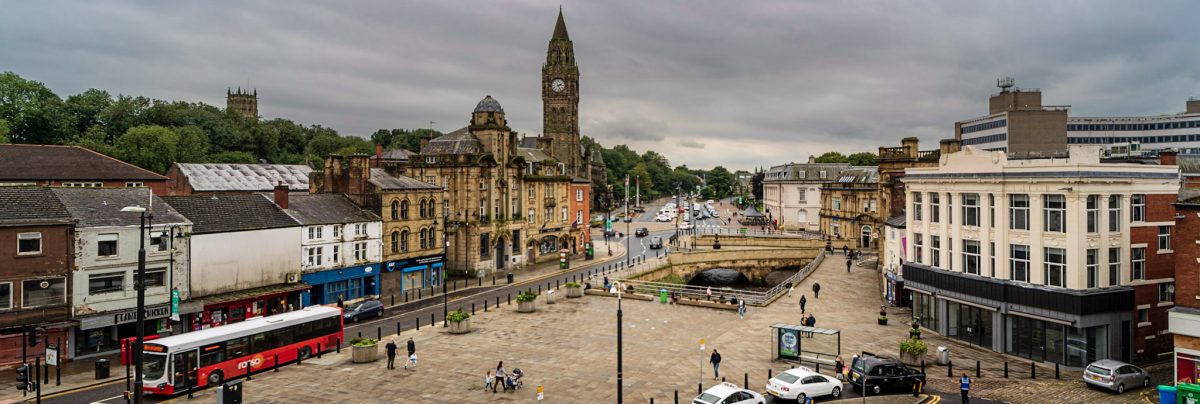
We’ve reached the final blogpost for our Whole Bible Overview. Last time we looked at the victory of the resurrection, which shows that sin and death are defeated and offers eternal life to all who believe in Jesus (John 11:25-26).
For Christians, who are “in Christ” (Ephesians 1:1-14) there is a sense in which everything has been renewed and God has kept his promises to Abraham from all the way back in Genesis 12. We are God’s people, because we trust in Jesus, even though we’re scattered throughout the world (1 Peter 1:1). We live in God’s place in the sense that we live in the kingdom of God under king Jesus, as part of his church and the Spirit lives in us both as individual Christians (Ephesians 1:13; 1 Corinthian 6:19) and corporately as the church (1 Peter 2:5; 1 Corinthians 3:16). And with Jesus as our King, ruling us by his word the Bible with the Spirit in us we live under God’s rule.
But we also know that things aren’t fully fixed yet. The whole of creation still groans because of sin and even believers have that sense of groaning in a broken world (Romans 8:22-23). So what is going on now? Well Jesus is clear at the end of Luke and the start of Acts that it isn’t time for everything to be fixed yet (what the disciples were hoping for) but that this is the time for the message of the gospel to go out to the world so that people could turn to Jesus, trust in him and be saved (Luke 24:44-48; Acts 1:7-8). That’s what we see happening in the rest of the book of Acts as the Apostles (we especially see it with Peter and then Paul) take the gospel to the ends of the earth. We’re still in that time.
We might wonder why it has taken so long. Clearly the Apostle Peter had to deal with this problem as he knew people would mock Christians about it (2 Peter 3:3-4). He explains it by saying that to God the time is not especially long (to him a day is like a thousand years) and it is not slowness but patience, because he is waiting for everyone who will trust in Jesus to turn to him (2 Peter 3:8-9).
It is kind of God to do this, because an end will come – the day of judgement (2 Peter 3:7) – when those who don’t trust in Jesus will perish and those who do will live forever with Jesus in the new and perfect heavens and earth where there will be no sin (2 Peter 3:9-16; John 3:36). Perish here doesn’t just mean die and disappear, but it means to be eternally under the judgement of God – in hell.
Revelation gives us very striking pictures of this right at the end of the Bible. There are beautiful pictures of Eden being restored without sin and God living with his people (Revelation 21:1-7; 22:1-5). God’s people will be back in God’s perfect creation (in fact a new creation) and God will be living with them in perfect relationship (so we won’t need a temple). There will be no sin and so no death, mourning, crying or pain. We will be living under God’s rule and blessing. It will be utterly wonderful – everything as God created it to be. This is the final and complete fulfilment of all God’s promises and it is only found by trusting in Jesus.
The contrasting picture is stark. We hear of those who aren’t God’s people, who aren’t in Christ and so whose lives are marked by sin. We’re told they will be cast out into a fiery lake – the second death. Jesus gives similar pictures in Mark 8:47-48 (which picks it up from Isaiah 66:24) which emphasizes the eternal nature of this punishment – what is called hell.
So the question comes again: will you trust Jesus as your king and your saviour and so look forward to eternal life instead of eternal death, heaven instead of hell.
